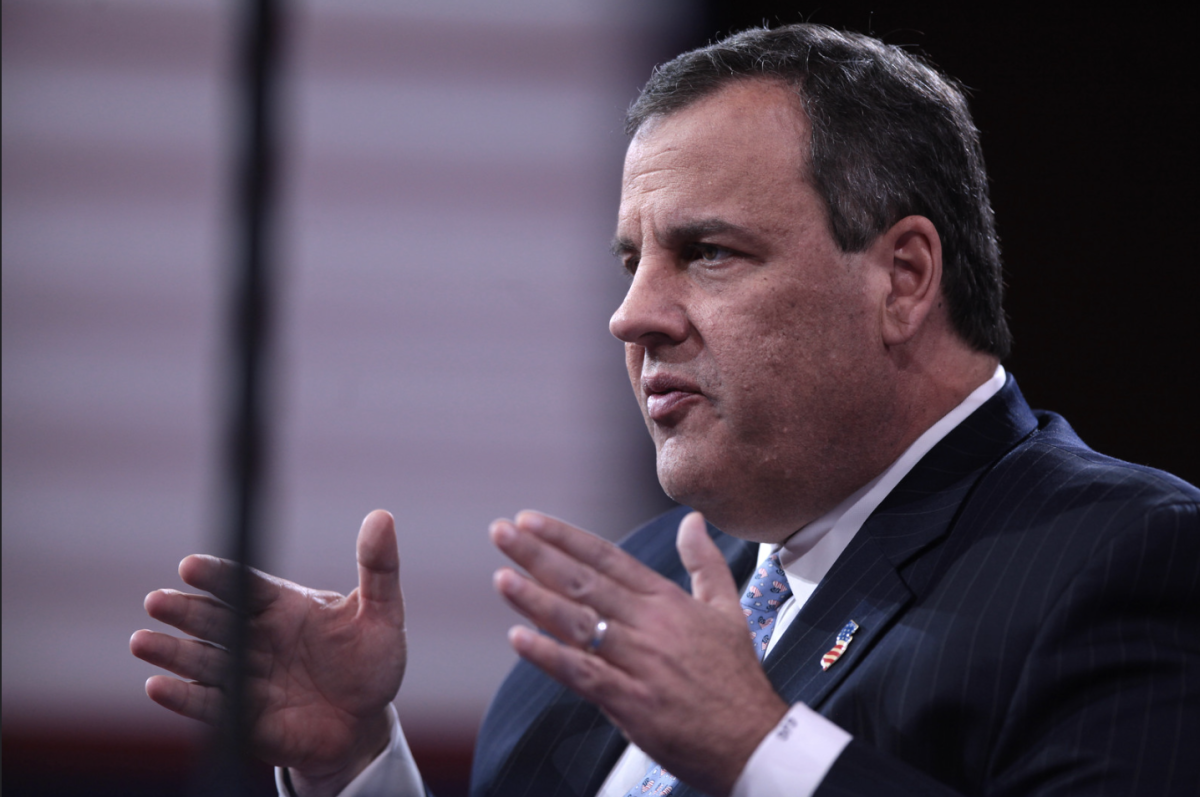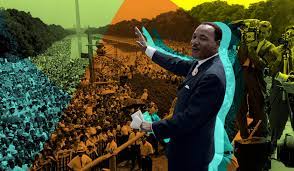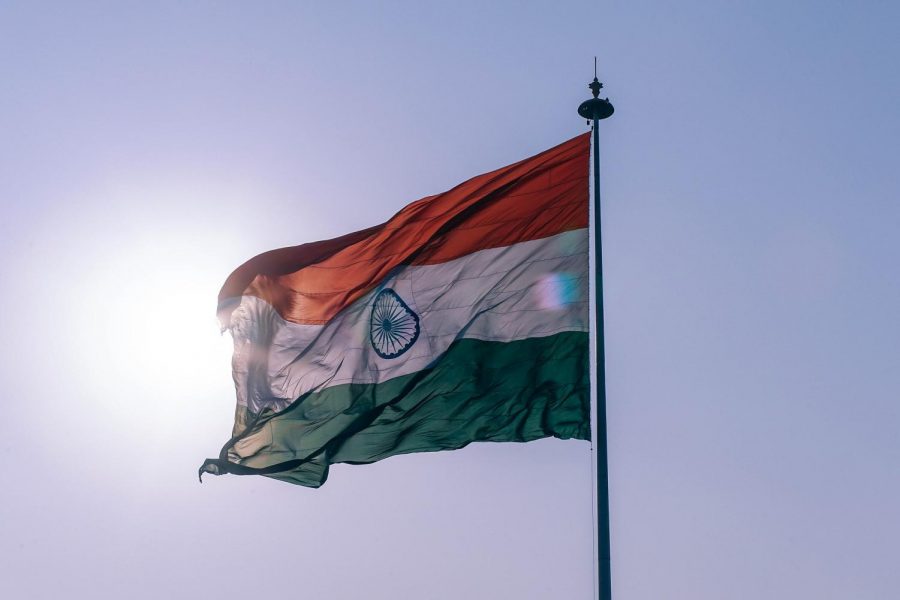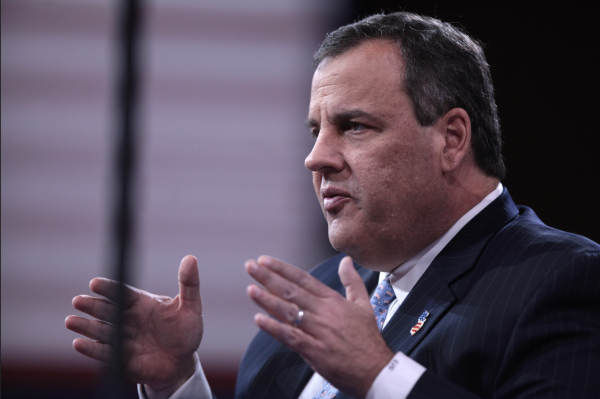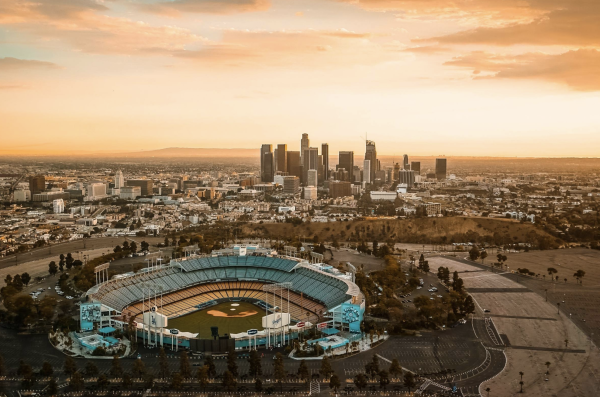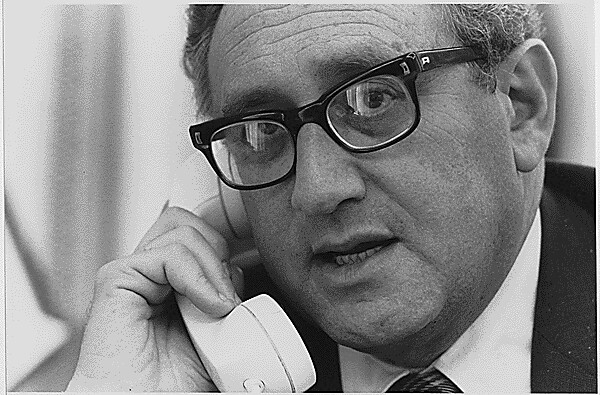India-Pakistan Crisis
April 16, 2019
Lately, the India-Pakistan crisis has caught the eye of the global stage. The conflict erupted in India and Pakistan, over a month ago, after a Pakistani terrorist attack killed dozens of Indian soldiers. Rather than pursuing peace, India quickly retaliated by conducting multiple airstrikes in Pakistan. The unexpected series of attacks drew many opinions as some viewed these exchanges as just another skirmish while others saw the strikes at the outset of World War III. Even though the severity of the conflict has been disputed, these offensive engagements have forced many global leaders to urge for unconditional peace. Thankfully, due to the heavy presence of modern weaponry, neither country has shown an inclination to participate in a lengthy war. So, why has conflict continued to rage on for decades? While religious and national beliefs always play a role, the true answer stems down to one region: Kashmir.
The decades of conflict, the thousands of deaths, and the rooted hatred between India and Pakistan all center around one decision in 1947. According to CNN, prior to 1947, Hari Singh, a Hindu, governed the Muslim region of Kashmir and sought independence for his people. Despite his thirst for a free kingdom, he signed off the territory to India after Pakistan began to use force to invade the valley. The real complications began soon after as Pakistan had already acquired a small portion of the kingdom militaristically, yet India now legally owned the property. For decades, solutions have been explored as Pakistan continuously urges India to give Kashmir the opportunity to vote in order to decide what nation they would join. While this process seems simple, India has continually refused to succumb to the pressure as a Muslim-majority Kashmir would almost definitely vote to merge with Pakistan. These issues only scratch the surface of the generational conflict between the two world powers. So, can there ever be a successful solution?
The good news is that yes, the dispute could theoretically come to an end through sacrifices from either side. The bad news? The last fifty years have proven that neither side is willing to make these sacrifices. Both nations have continued to bring up excuses in order to justify the lack of negotiations. Pakistan argues that India’s foreign policy has continuously been shifting due to volatile leadership. On the other hand, India insists that Pakistan has sponsored terrorism and refused to comply with global humanitarian policies. While the concerns of both countries are legitimate, the utilization of such arguments to prevent unconditional peace has allowed the conflict to rage for more than half a century.
At the end of the day, both countries need to realize that complete victory is impossible and unnecessary. India and Pakistan need to agree on a solution and if they don’t, we could very well be looking straight into the eyes of World War III.













